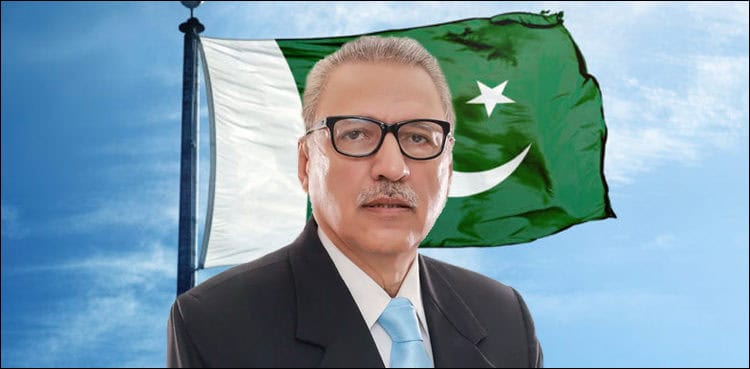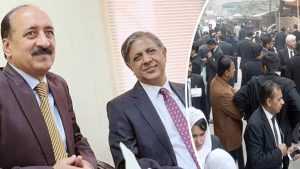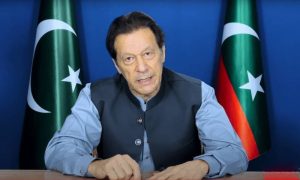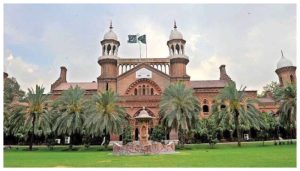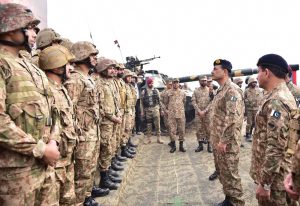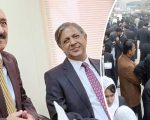ISLAMABAD – Election Commision of Pakistan (ECP) on Wednesday, declared Pakistan Tehreek-e-Insaf’s Dr Arif Alvi as the 13th president of Pakistan.
According to the official results, the PTI’s Dr Arif Alvi trounced his two rivals by grabbing 352 votes followed by Maulana Fazlur Rehman, a candidate of PML-N and MMA who bagged 184 votes.
Pakistan Peoples Party (PPP) came third in the presidential election race with its candidate Aitzaz Ahsan clinching 124 votes.
The total number of votes polled were 660.
https://en.dailypakistan.com.pk/pakistan/arif-alvi-the-13th-president-of-pakistan/
How is Pakistan’s President elected
Pakistan’s President is elected indirectly through an electoral college, comprising the Senate, National Assembly and the four provincial assemblies – Balochistan, Sindh, Punjab and Khyber Pakhtunkhwa. Every member of the National Assembly has one vote while the four provincial assemblies are assigned an equal weight with the smallest, the Balochistan Assembly, serving as the base.
The Balochistan Assembly has 65 members, while the strength of the Khyber Pakhtunkhwa Assembly is 124. Thus, the vote of a member of the KP assembly has half the value of the vote of a member of the Balochistan Assembly. In other words, each provincial assembly has a maximum of 65 votes in the college and after adding the National Assembly (342) and Senate (104) members, the total size of the electoral college comes out to 706.
https://en.dailypakistan.com.pk/pakistan/what-are-the-constitutional-powers-and-duties-of-pakistans-president/
However, 27 seats in all the Houses are vacant and elections are scheduled after the presidential polls. Thus, the electoral college for presidential elections currently stands at 679 and a majority in a two-candidate race requires 341 votes.

